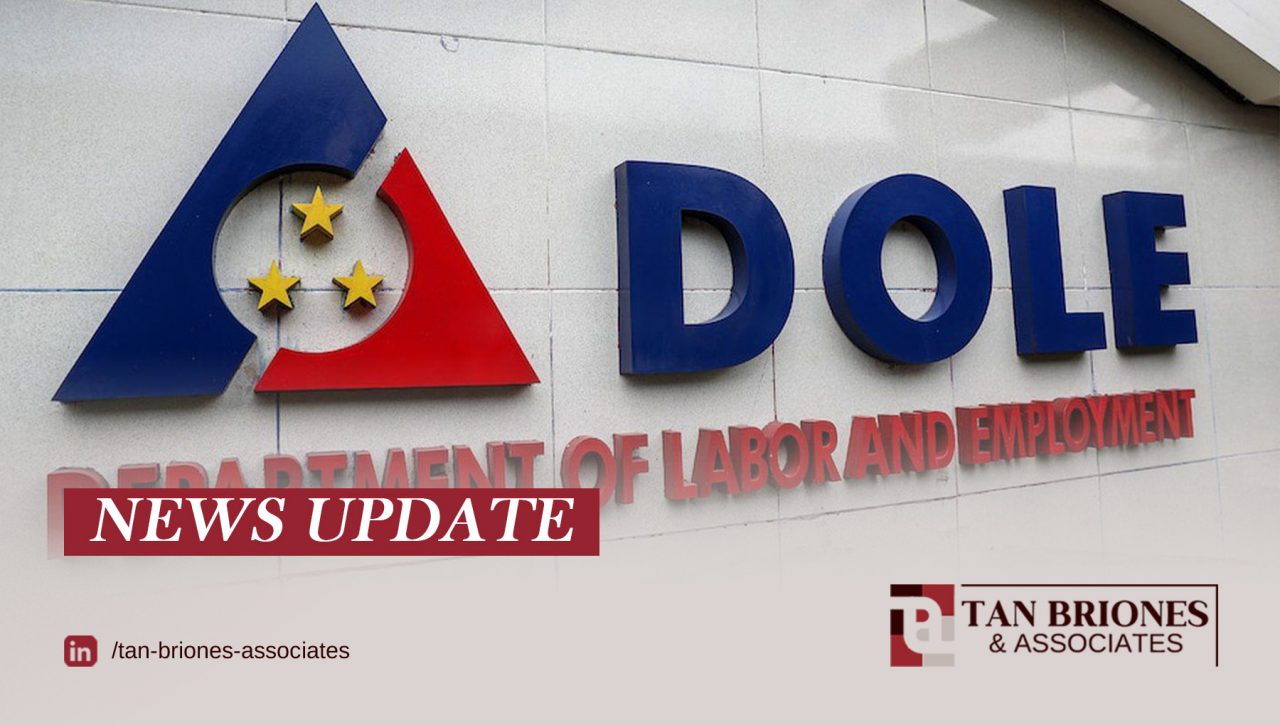
The Department of Labor and Employment (DOLE) has released the 2025 holiday pay rules to ensure fair compensation for employees.
DOLE Secretary Bienvenido Laguesma signed Labor Advisory No. 16, series of 2024, on December 26, outlining pay rules for regular holidays, special non-working days, and special working days.
REGULAR HOLIDAYS
For regular holidays, employees who do not work are entitled to receive 100% of their daily wage, provided they report to work or are on paid leave on the day immediately preceding the holiday. If the day before the holiday is a non-working day or the employee’s rest day, holiday pay is still granted if the employee worked or was on paid leave on the last working day prior to the holiday.
Employees who work on a regular holiday must be paid 200% of their daily wage for the first eight hours of work. Any work done beyond eight hours requires an additional 30% of the hourly rate.
If an employee works on a regular holiday that coincides with their rest day, they are entitled to an additional 30% of their basic wage on top of the 200% pay for the first eight hours. Overtime work on such days must be compensated with an extra 30% of the hourly rate.
The list of regular holidays in 2025 includes:
• New Year’s Day – January 1 (Wednesday)
• Araw ng Kagitingan – April 9 (Wednesday)
• Maundy Thursday – April 17
• Good Friday – April 18
• Labor Day – May 1 (Thursday)
• Independence Day – June 12 (Thursday)
• National Heroes Day – August 25 (Last Monday of August)
• Bonifacio Day – November 30 (Sunday)
• Christmas Day – December 25 (Thursday)
• Rizal Day – December 30 (Tuesday)
SPECIAL NON-WORKING DAYS
For special non-working days, the “no work, no pay” principle applies unless company policy, practice, or collective bargaining agreements (CBA) provide otherwise.
Employees who work on a special non-working day are entitled to an additional 30% of their basic wage for the first eight hours. If they work beyond eight hours, they must receive an additional 30% of their hourly rate.
If a special non-working day falls on the employee’s rest day and they report for work, they are entitled to an additional 50% of their daily wage for the first eight hours. Any overtime work on such days must be compensated with an additional 30% of the hourly rate.
The special non-working days in 2025 include:
• Ninoy Aquino Day – August 21 (Thursday)
• All Saints’ Day – November 1 (Saturday)
• Feast of the Immaculate Conception of Mary – December 8 (Monday)
• Last Day of the Year – December 31 (Wednesday)
Additional special (non-working) days:
• Chinese New Year – January 29 (Wednesday)
• Black Saturday – April 19 (Saturday)
• Christmas Eve – December 24 (Wednesday)
• All Saints’ Day Eve – October 31 (Friday)
SPECIAL WORKING DAYS
For special working days, employees are paid their basic wage without any additional premiums, as these days are treated as ordinary working days. If an employee chooses not to work, the “no work, no pay” rule applies, unless company policy, practice, or a collective bargaining agreement provides otherwise.
Employees who render overtime work on special working days are entitled to an additional 25% of their hourly rate.
The special working day in 2025 is the EDSA People Power Revolution Anniversary on February 25 (Tuesday).
Follow Tan Briones & Associates on LinkedIn for more legal updates and law-related articles.







